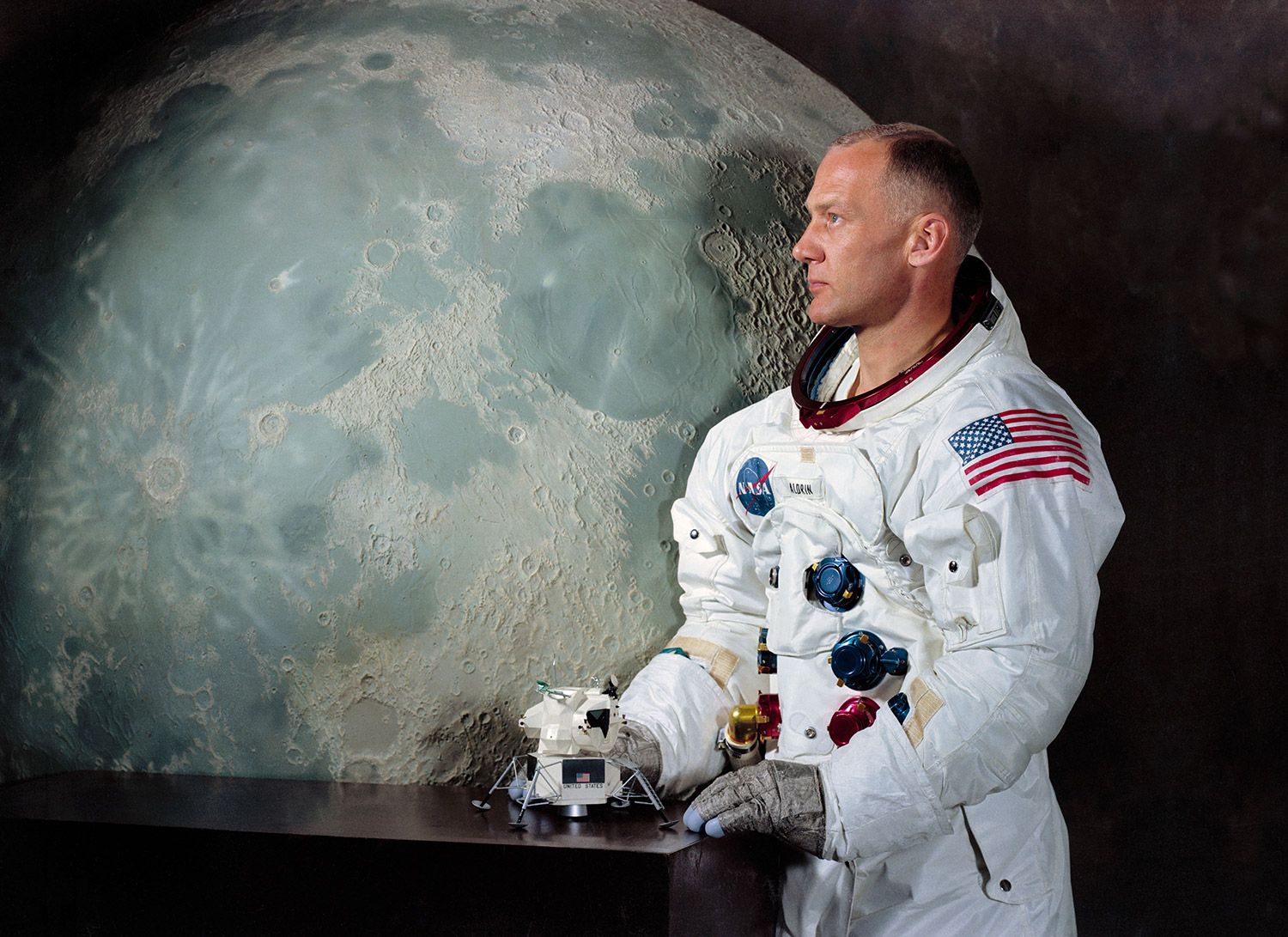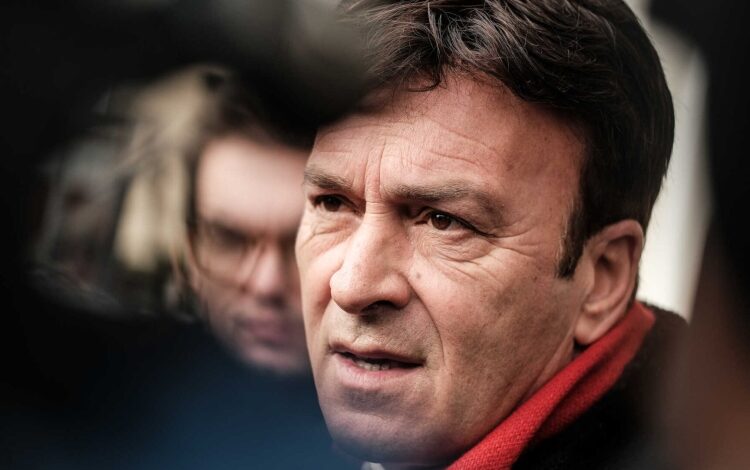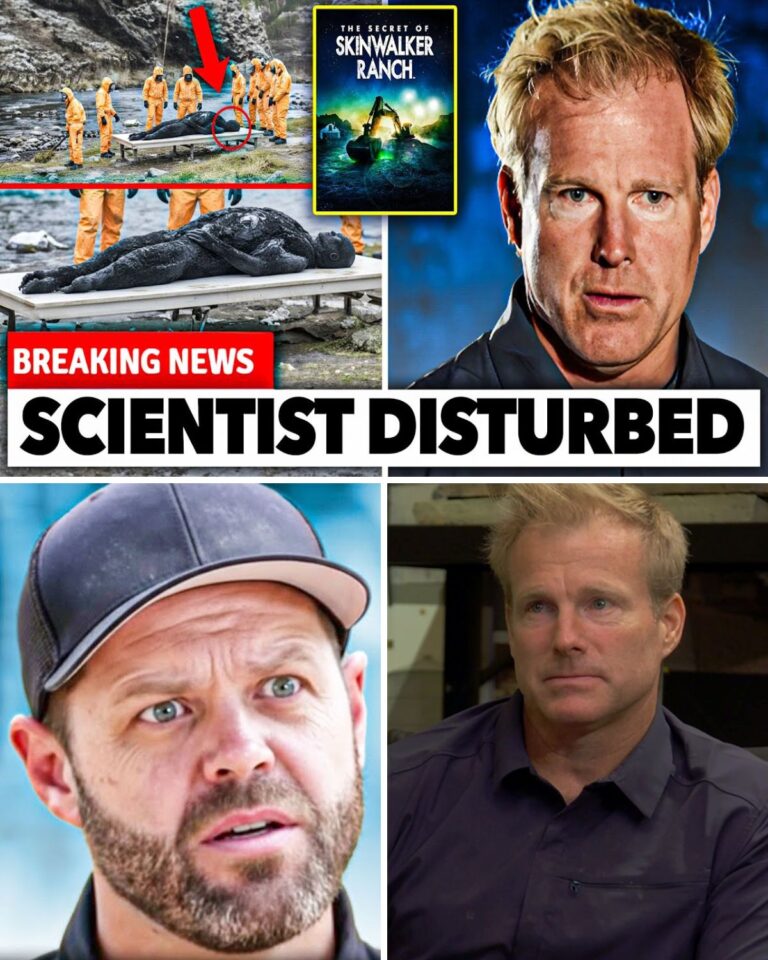For decades, Buzz Aldrin has been known as the unshakeable, steel-nerved Apollo astronaut who stared into the void of space and didn’t blink. But at a recent event, the world witnessed something no one expected:
Buzz Aldrin — the man who walked on the Moon — broke down in tears.
And the reason why has ignited a global firestorm.
With his voice trembling, Aldrin gripped the microphone and delivered a chilling statement that left the audience frozen:
“The Moon… is NOT what you think.”
What followed was an emotional confession so raw, so haunting, that even seasoned space experts admitted they had never seen him like this.
“It’s Not Just a Rock. It Shows Us Who We Are.”
Aldrin, usually stoic and analytical, revealed a deeply personal truth he had carried for more than 50 years. The Moon, he said, is not the cold, dead world people imagine.
It is something far more profound.
Something almost unbearable.
As he spoke, his eyes filled with tears — the weight of five decades crashing down on him at once.
“It’s not just a rock in space,” he whispered. “It’s a mirror of existence. It reflects us — our fragility, our purpose, our insignificance. And that… that’s what haunts you.”
The audience fell silent. Some said they had goosebumps. Others said the room felt suddenly colder.
The “Magnificent Desolation” That Nearly Broke Him
Aldrin revisited his famous description of the lunar surface: “magnificent desolation.”
But this time, he explained what he really meant.
He described stepping onto the Moon’s surface for the first time — expecting triumph, expecting victory — only to be struck by something he never anticipated:
A silence so absolute, so crushing, it felt predatory.
“There is no wind. No sound. No life. No comfort. The silence doesn’t embrace you,” Aldrin said, shaking his head.
“It squeezes you. It reminds you that you do not belong there.”
He admitted that in that very moment, staring across a dead horizon with Earth hanging in the sky like a fragile ornament, he felt something close to fear — not of danger, but of revelation.
“The Moon shows you the truth,” he said softly.
“And the truth is… we are very, very small.”
A Warning to the Next Generation: ‘Feel Small’
Today’s explorers charge toward the Moon with robotics, AI, and unshakable ambition — but Aldrin urged them to pause.
“Feel small,” he pleaded.
“Because humility is the only way to understand what the Moon is trying to tell us.”
He warned that technology, for all its brilliance, cannot replicate what it means to stand on another world and feel the crushing weight of the cosmic silence.
Machines can map the craters.
AI can scan the dust.
But only a human can feel the reality of the void.
The Moon Is Becoming a Tech Frontier — But Aldrin Says We’re Missing the Point
Today, satellites and AI swarm over the lunar surface, uncovering lost lava tubes, frozen water, and hidden mysteries.
Nations race to plant their flags.
Corporations race to mine its minerals.
Yet Aldrin’s tears cut through all of it.
His message was clear:
Exploration is not just about conquering space. It’s about confronting ourselves.
The Moon is not merely a destination.
It is a silent witness — to our fears, our ambition, and our search for meaning.
.webp) A Final Message That Echoed Through the Room
A Final Message That Echoed Through the Room
As Aldrin concluded, his voice cracked one final time.
“The Moon,” he said, “is not what you think it is.
It is not an object.
It is a question.”
A question humanity has barely begun to understand.
And as new missions prepare to return us to that haunting landscape — to that cold, perfect silence — Buzz Aldrin’s emotional revelation now hangs over the future of lunar exploration like a shadow:
We’re not just going back to the Moon.
We’re going back to confront ourselves.





